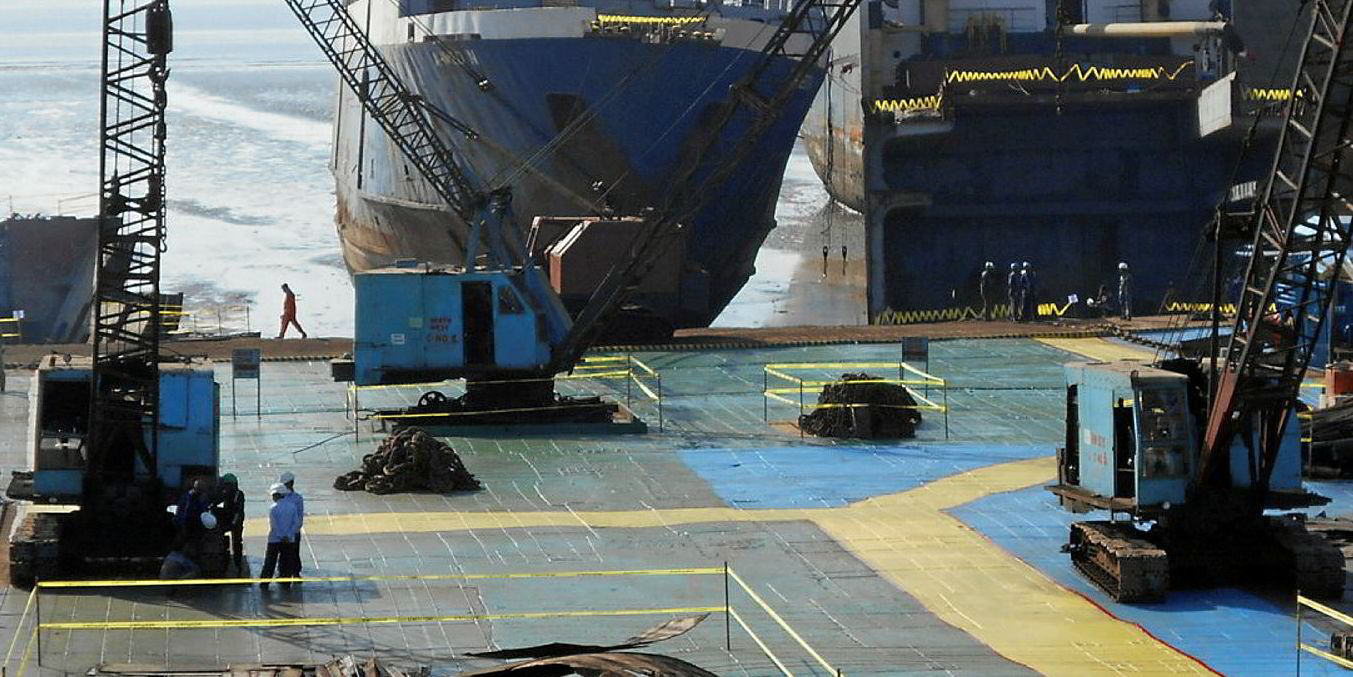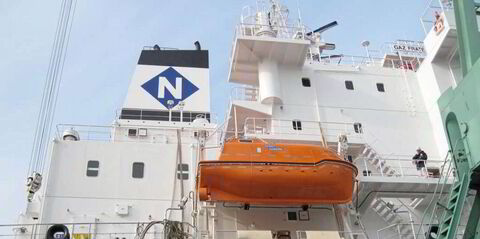China’s exit from international flag scrapping could pose problems for the Hong Kong International Convention for the Safe and Environmentally Sound Recycling of Ships (HKC), says Nikos Mikelis.
To enter into force, the convention requires the backing of 15 states representing 40% of the world fleet, and shiprecycling countries representing a proportion of global shipbreaking capacity.
Among the shiprecycling nations, only India and Turkey are in the process of bringing the HKC into law.
China was expected to follow and, combined, the three countries would represent sufficient breaking capacity for the convention to enter into force.
But Mikelis warns that if China takes a long time to ratify, its nominal recycling capacity will gradually fall, given its exit from international-flag scrapping. Eventually, it will drop out of the equation.
Meeting targets
And if China simply fails to ratify the HKC, scrapping capacity in Bangladesh, along with India, will then hold the key to the convention achieving the required threshold.
But most Bangladesh yards need upgrading, with only the PHP Family so far HKC certificated.
Mikelis highlights the fact that capacity in Europe is only used for recycling small vessels, including fishing, coastal and inland waterways tonnage.
He says Panama’s ratification of the convention was a key breakthrough in satisfying the HKC’s global tonnage requirement.
But in terms of meeting the recycling capacity threshold, China’s actions had introduced “a lot of uncertainty”.




